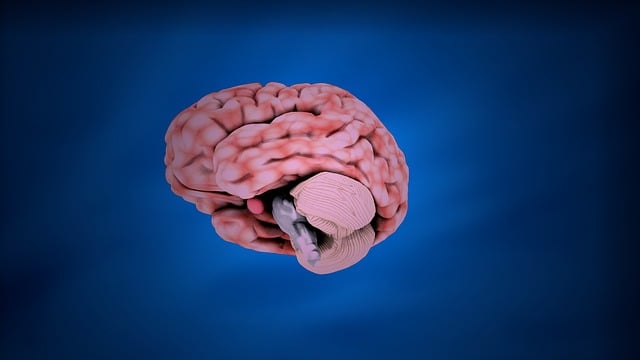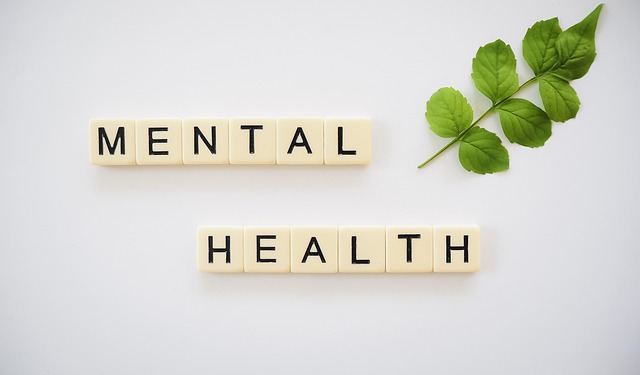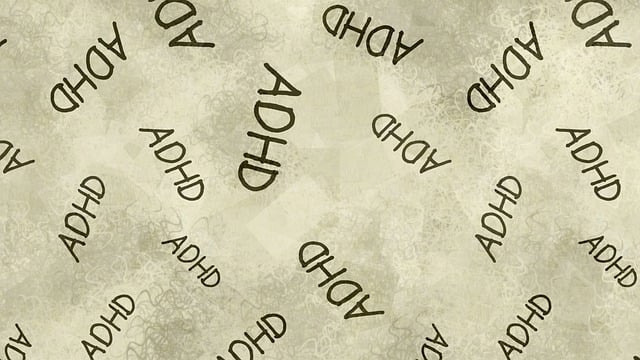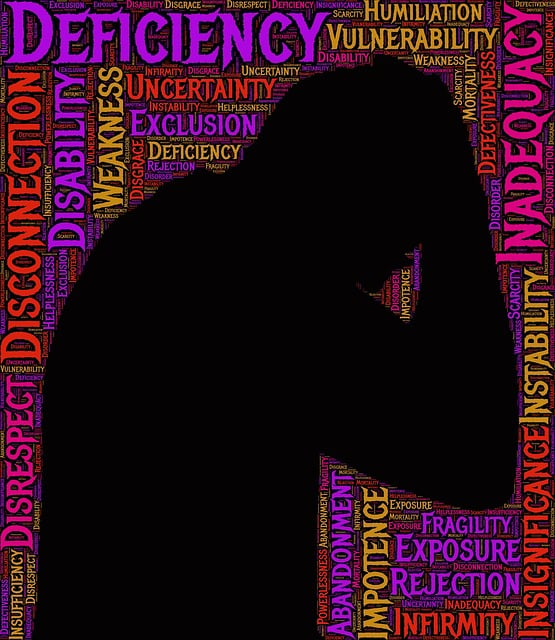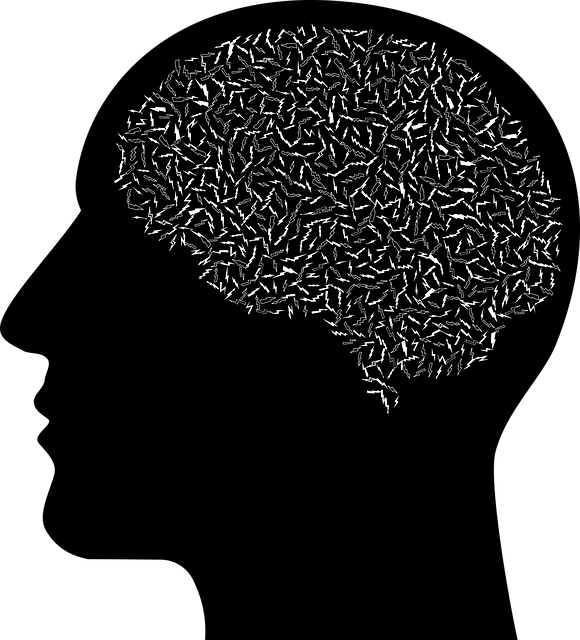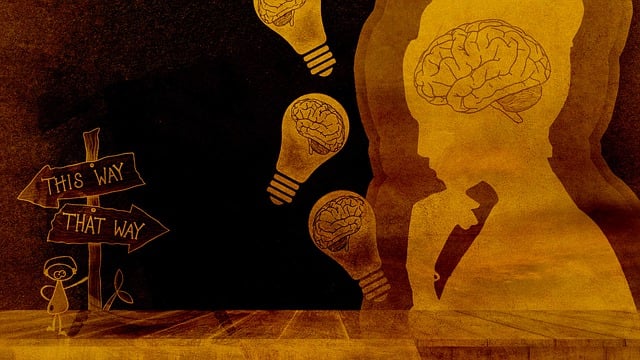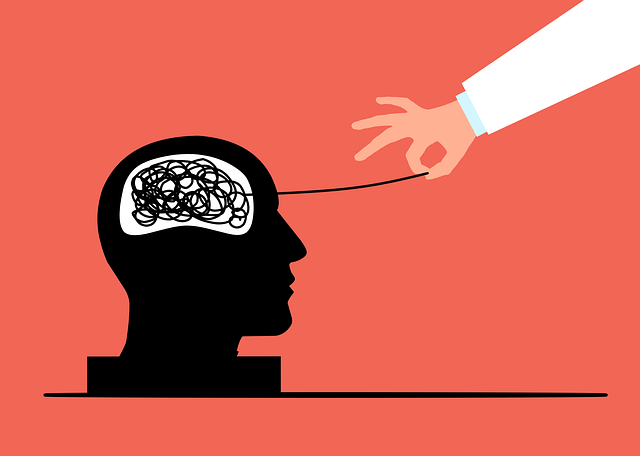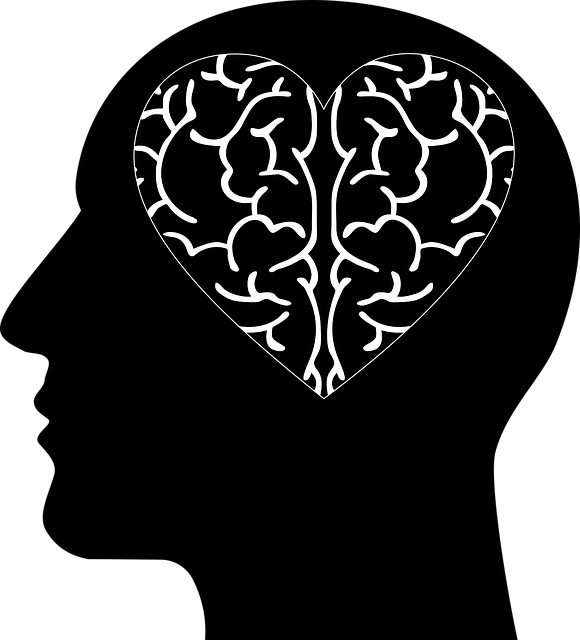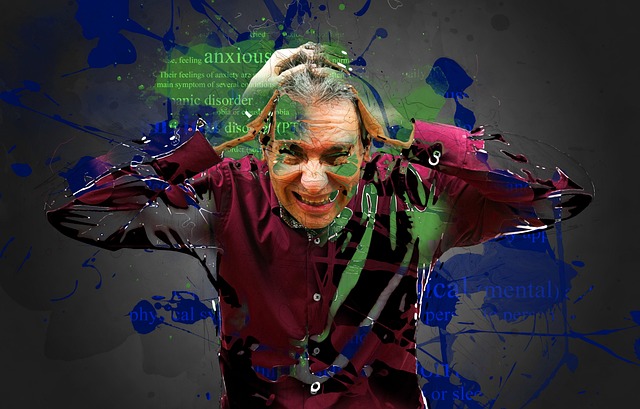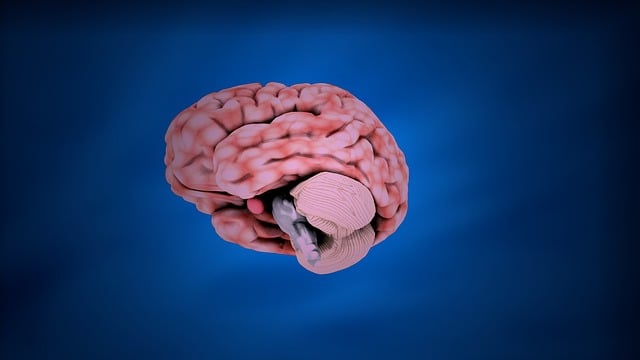Northglenn Neuro Disorders Therapy emphasizes group facilitation as a powerful tool for mental wellness support. Facilitators navigate complex dynamics by fostering open communication, using active listening, and incorporating diverse techniques like Social Skills Training, Mindfulness, and Stress Management. The ultimate goal is to build community, enhance peer support, and improve self-esteem through inclusive group environments, ultimately contributing to the public awareness of neuro disorders.
Mental wellness group facilitation plays a vital role in supportive environments, especially in Northglenn Neuro Disorders Therapy settings. This article explores key techniques for navigating complex group dynamics, enhancing communication, and fostering community. By understanding the unique needs of individuals with neuro disorders, facilitators can create safe spaces encouraging open dialogue and mutual support. Effective strategies outlined here provide a framework for successful group sessions, ultimately improving mental wellness outcomes in Northglenn Neuro Disorders Therapy groups.
- Understanding Mental Wellness Group Dynamics
- Effective Communication Strategies for Facilitators
- Techniques to Foster Community and Support in Northglenn Neuro Disorders Therapy Groups
Understanding Mental Wellness Group Dynamics

Understanding Mental Wellness Group Dynamics is a pivotal step for any facilitator, especially those at Northglenn Neuro Disorders Therapy. Groups offer a unique environment where individuals with shared experiences or challenges can connect, providing a sense of belonging and support. The dynamics within these groups are complex; members bring their own unique personalities, stories, and coping mechanisms, which can either enhance the therapeutic process or present challenges. Facilitators play a crucial role in fostering an inclusive atmosphere, ensuring every voice is heard and respected.
Effective group facilitation involves recognizing and managing various factors. This includes understanding power dynamics, encouraging active participation through Social Skills Training, and promoting open communication. By incorporating Stress Reduction Methods, facilitators can create a safe space where members feel comfortable sharing their struggles and celebrating successes. The goal is to enhance mental wellness, foster peer support, and ultimately contribute to the overall well-being of group participants.
Effective Communication Strategies for Facilitators

Effective communication is a cornerstone of successful group facilitation, especially when addressing mental wellness topics in Northglenn Neuro Disorders Therapy settings. Facilitators play a dual role; they must convey information clearly and sensitively while also encouraging open dialogue among participants. Active listening, a key strategy, involves giving undivided attention to each speaker, paraphrasing their thoughts, and validating their feelings—all essential for fostering a safe, non-judgmental environment.
This atmosphere is crucial for participants to share their experiences and learn from one another. Incorporating techniques like asking open-ended questions, using inclusive language, and incorporating silence strategically can enhance communication dynamics. Moreover, integrating practices such as Social Skills Training, Mindfulness Meditation, and Stress Management Workshops Organization not only improves facilitators’ communication but also equips participants with valuable tools to navigate their mental wellness journeys more effectively.
Techniques to Foster Community and Support in Northglenn Neuro Disorders Therapy Groups

In facilitating Northglenn Neuro Disorders Therapy groups, fostering a strong sense of community and support is paramount to successful outcomes. One effective technique is encouraging open dialogue among group members, allowing them to share their experiences and offer mutual support. This peer-to-peer approach not only enhances understanding but also cultivates empathy, breaking down feelings of isolation often associated with neuro disorders. Group leaders can facilitate this by setting ground rules for respectful communication, ensuring every voice is heard without judgment.
Additionally, incorporating interactive activities that promote teamwork and collaboration can strengthen bonds within the group. These activities can range from simple icebreakers to more structured exercises designed to improve communication strategies. By integrating these techniques, Northglenn Neuro Disorders Therapy groups can create a supportive environment where members feel valued, understood, and empowered. Such an atmosphere is crucial for building self-esteem improvement and fostering a sense of belonging, key elements in the development of public awareness campaigns around neuro disorders.
Mental wellness group facilitation goes beyond mere guidance; it’s about cultivating a supportive environment. By understanding dynamic group behaviors, employing effective communication strategies, and implementing techniques that foster community, facilitators can significantly enhance the therapeutic experience at Northglenn Neuro Disorders Therapy Groups. These practices not only strengthen support systems but also empower individuals on their mental wellness journeys.

